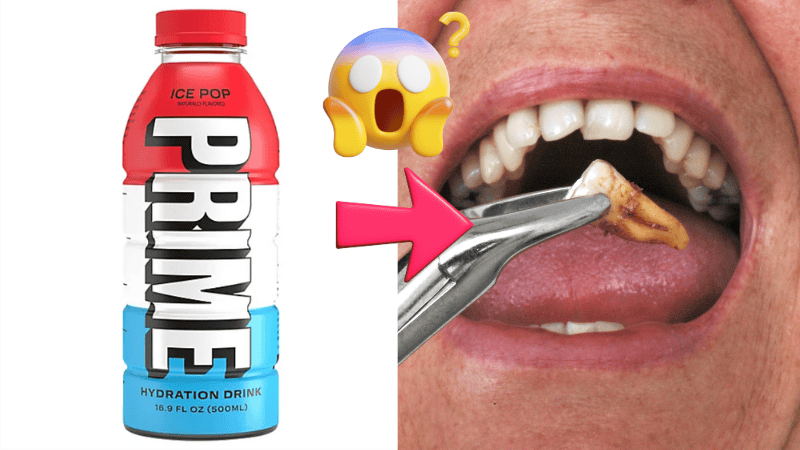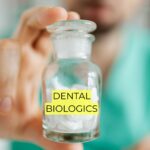With the boxing fight between Jake Paul and boxing legend, Mike Tyson, coming up quick, I thought it would be interesting to take a closer look at Logan Paul’s PRIME from a dental perspective. Looking at the ingredients reveals nothing that screams “tooth decay”. Although the sweetener is more artificial than Jake Paul’s boxing career.
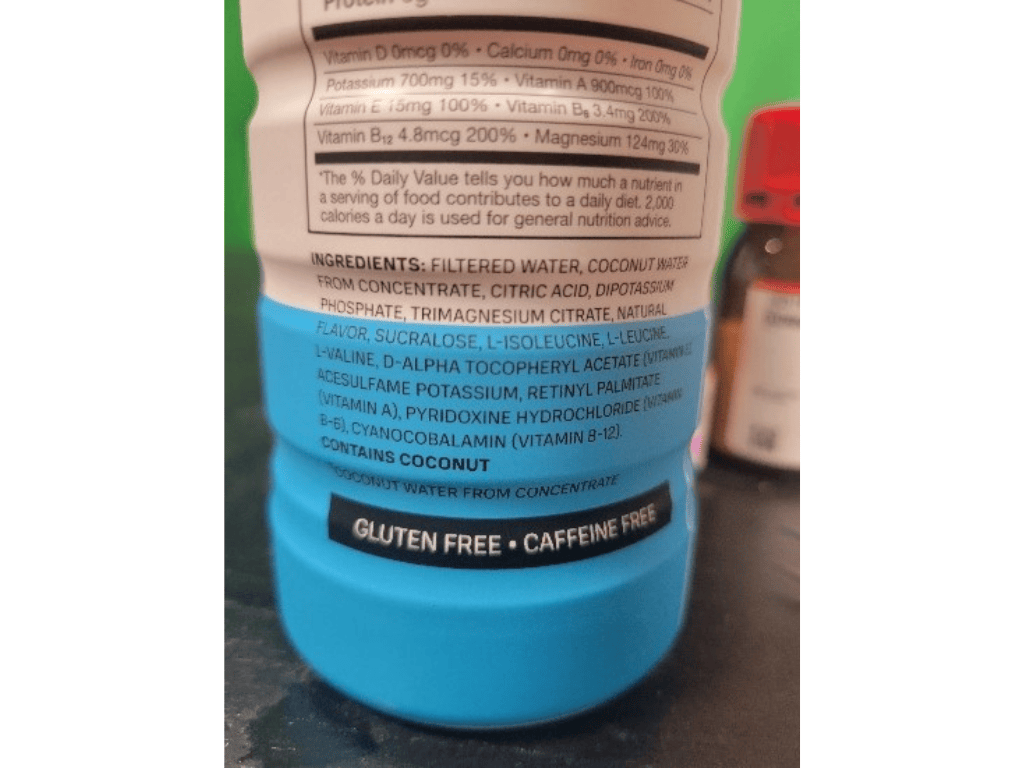
However, on closer inspection, one ingredient really stood out to me: citric acid. As we investigated in a previous blog post, acidic foods and drinks can become an issue for your enamel when consumed in large amounts. But is the citric acid in PRIME an issue for your oral health? In this experiment, I leave teeth in PRIME for a week to find out how it might impact (if at all), your teeth.
Materials
- Teeth
- PRIME
- 250 mL beakers
- pH Strips
- Cavity indicator dye
- Deionized water
- Rubber gloves
- Tweezers
Experimental Procedure
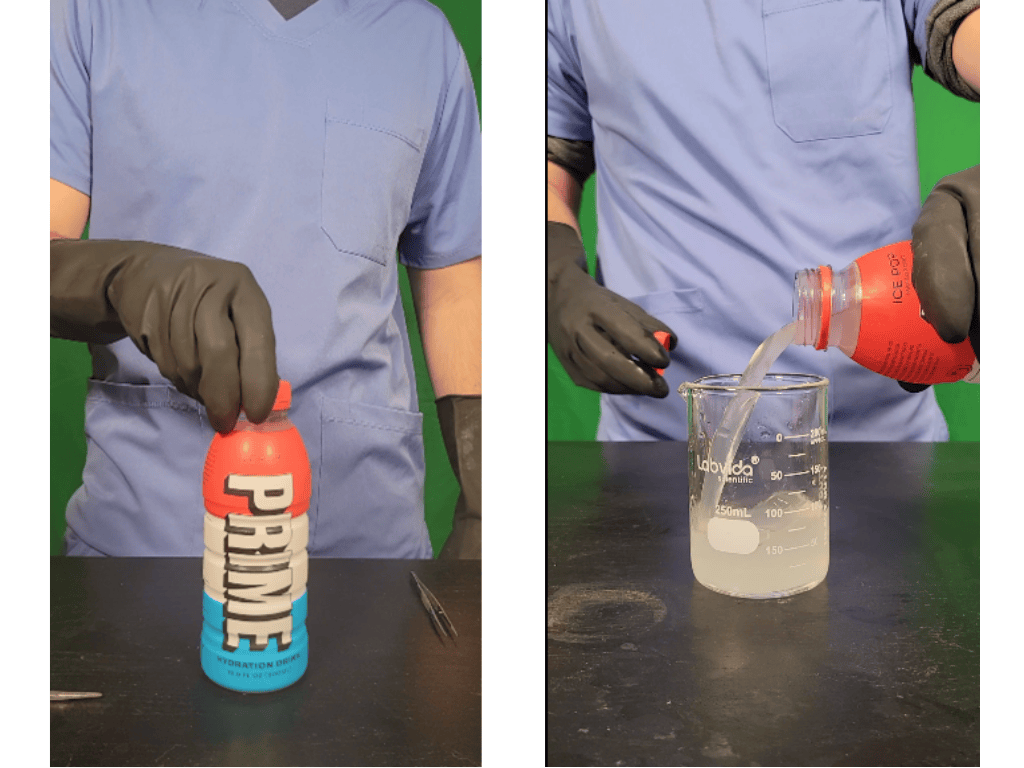
First, I tasted the prime (of course). If I am being honest, I don’t care for the taste. With that out of the way, I poured out approximately 100 mL of PRIME into one of the 250 mL beakers. I took a universal pH indicator strip and dripped it into the PRIME for half a second. Then, I compared the color of the strip to the pH chart.
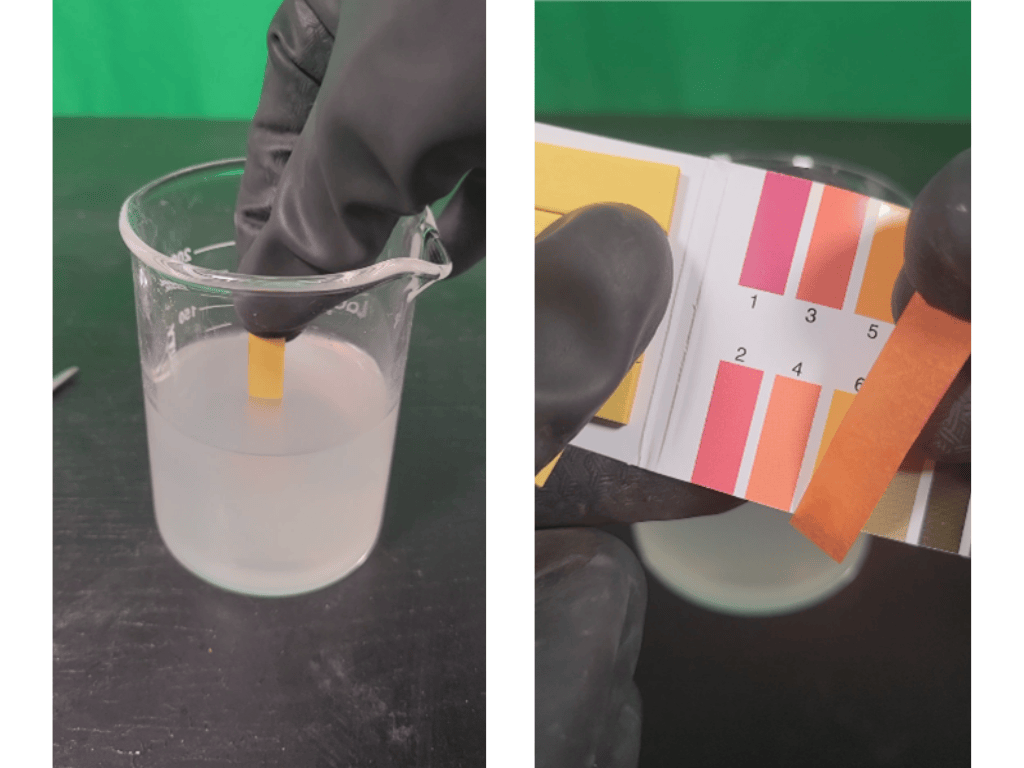
I was a little surprised. The PRIME has a pH of around 4.0, which makes it around 10 times more acidic than coffee! Maybe the citric acid will pose a problem… Next, I took a tooth and dropped it into the beaker.
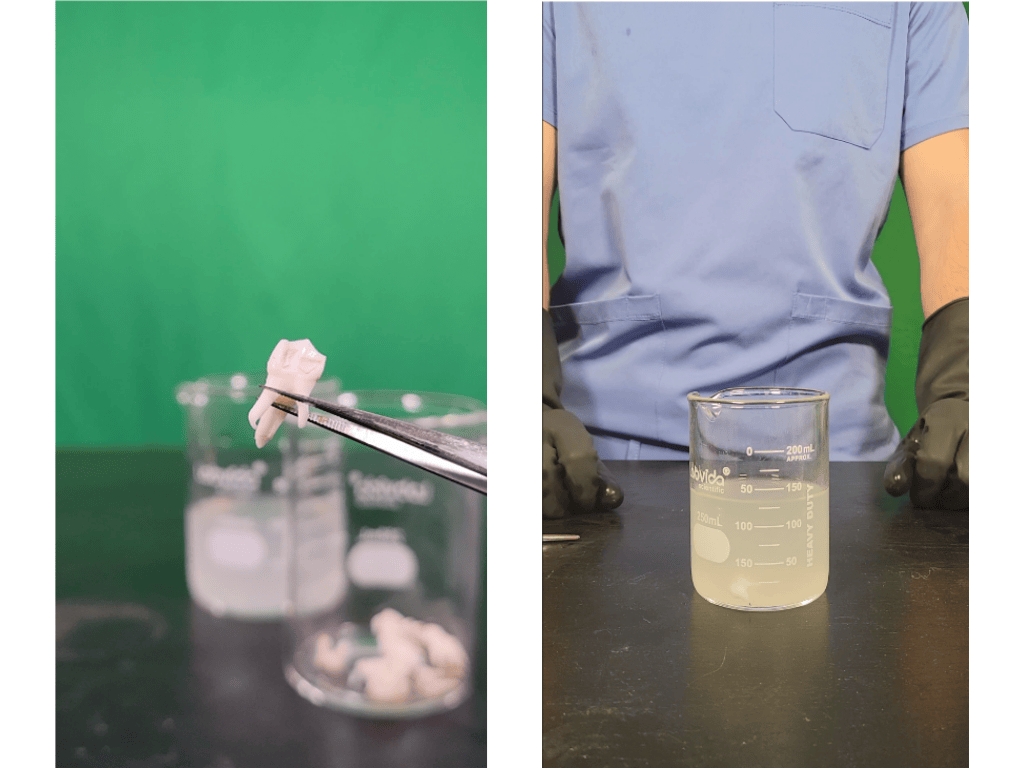
After a few hours, I saw bubbles on the surface of the tooth. Not a great sign for the enamel. I let the tooth sit in the PRIME for an entire week.
After a whole week of drowning in PRIME, I took the tooth out. The surface of the tooth was concerningly translucent, a sign of acid degradation. Other than that, the tooth was relatively intact.
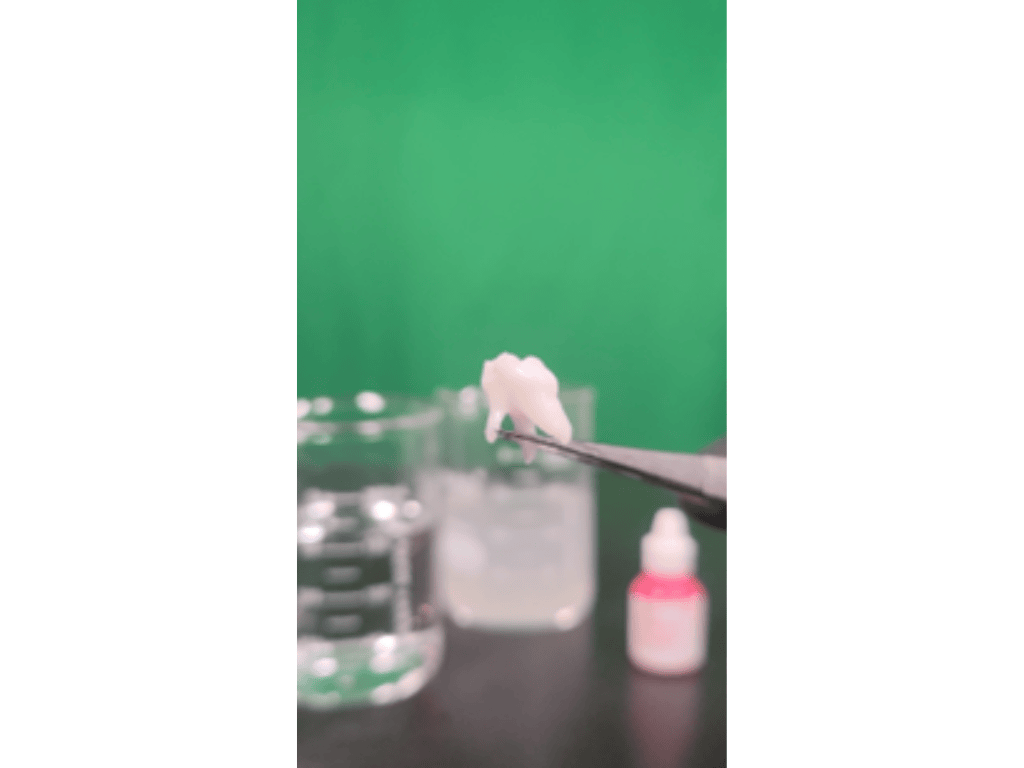
I washed the tooth off in water and then I put a few drops of cavity finder dye on the tooth. This dye will only stick to areas of tooth decay, staining them red. I washed off the excess dye with water. The results are telling.
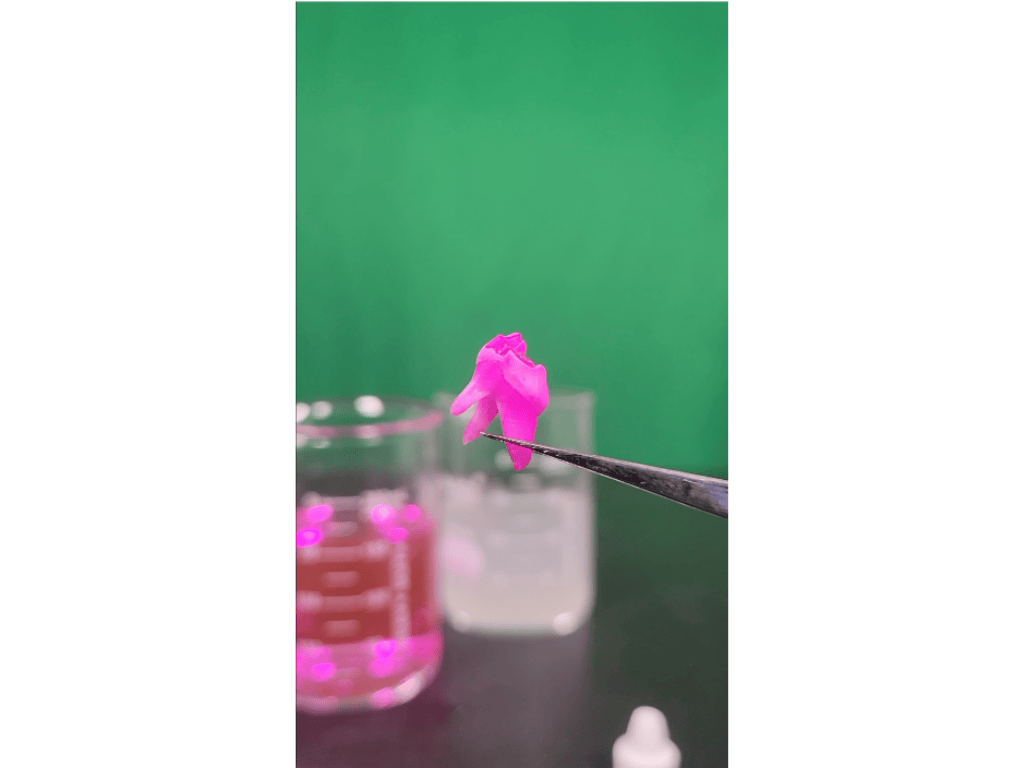
I was shocked. The entire tooth is stained red. This means that the PRIME stripped ALL the enamel off the tooth after only a week. I thought that the tooth decay would be bad but not cavities across the entire tooth bad!
The Science Behind This Teeth Experiment
The only ingredient in PRIME that would likely do this much damage to the tooth would be citric acid. Citric acid is a naturally occurring chemical found in citrus fruits and is often used to add sourness to drinks and food. It has three carboxylic acid groups that can donate H+ ions in chemical reactions.
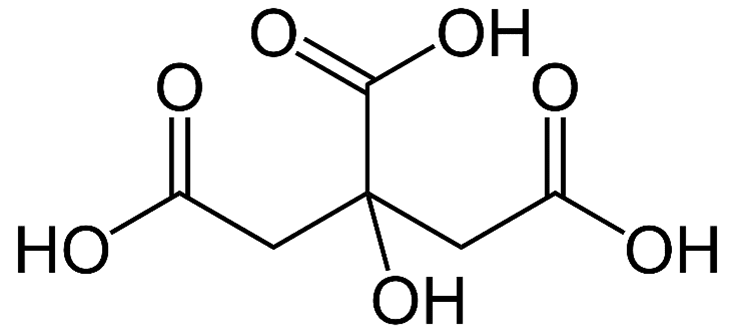
Although citric acid is a weak acid, it should not be discounted. Over time, even weak acids can damage enamel. As discussed previously, the primary constituent of teeth is hydroxyapatite (HA). When reacted with citric acid, the HA in teeth was attacked by H+ ions from citric acid and degraded into water soluble compounds. This strips the teeth of their enamel.
What To Remember About the PRIME Drink
In contrast to our previous extreme experiments, this one features a very real problem that might impact people consuming PRIME and other acidic beverages. We showed that after just a week of sitting in PRIME, all the enamel on a tooth was destroyed. This was likely due to the citric acid content. So, should you stop drinking PRIME? No, certainly not (not even if it tastes like a melted popsicle). Other beverages like orange juice have similar acidities and are consumed by people every day without impact to their oral health. The key is proper brushing and a re-mineralizing toothpaste. As always, look for sodium fluoride, stannous fluoride, or fluoride-free hydroxyapatite toothpaste. Without this care, your enamel will slowly be stripped away, leading to tooth loss down the road. So long as you are reasonably consuming PRIME and brushing, there is nothing to worry about. Except if you’re Jake Paul. If PRIME doesn’t knock out Jake Paul’s teeth, it seems like Tyson will!
Check Out Our Other Blogs
Did you enjoy our article? We have more great content (links below)!
- Enamel Regeneration: A Dental Revolution on the Horizon
- Ozempic Teeth: From Waist Line To Gum Line
- Unveiling the Truth: Debunking Myths about Fluoride
- Hydrogen Peroxide Teeth Experiment: Be Careful With Whitening
- Dental Science Experiments: Hydrochloric Acid and Teeth
- Medium: What It Means To Be A Tooth Engineer
Follow Us!
If you liked this article, then please subscribe to our YouTube Channel and Medium Blog for more Tooth Engineers content. You can also find us on TikTok, Instagram and Facebook.

